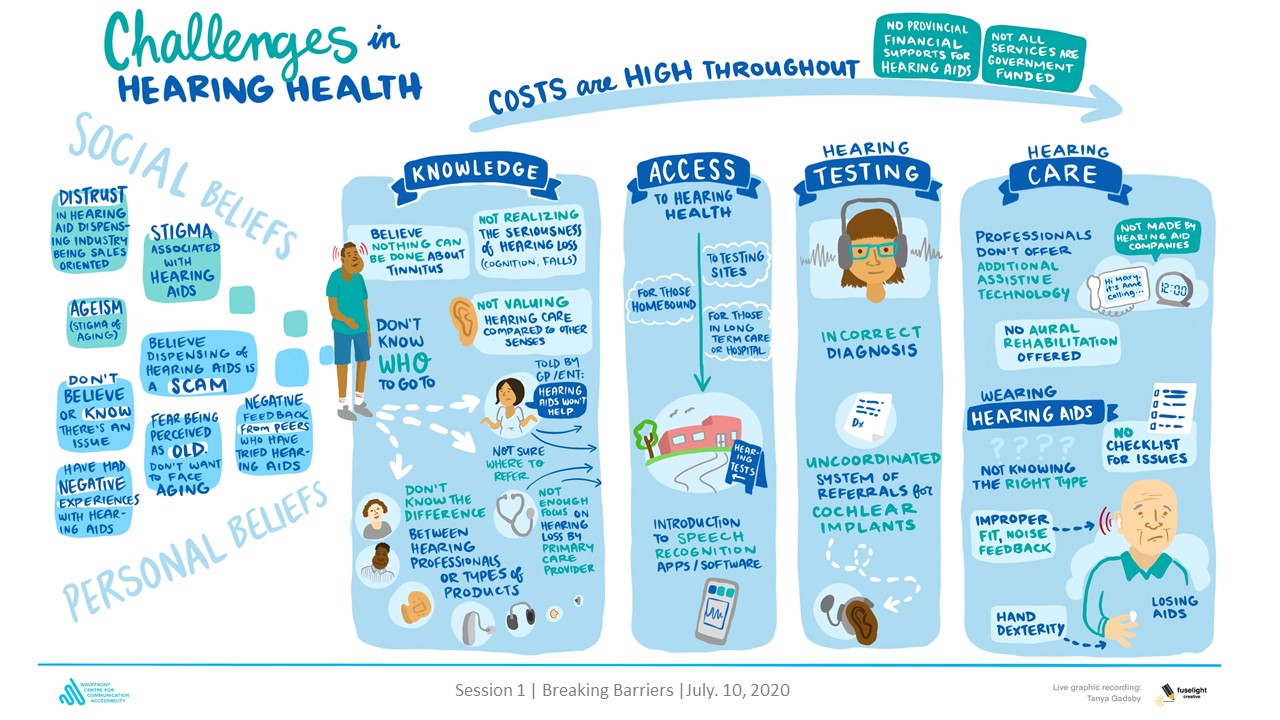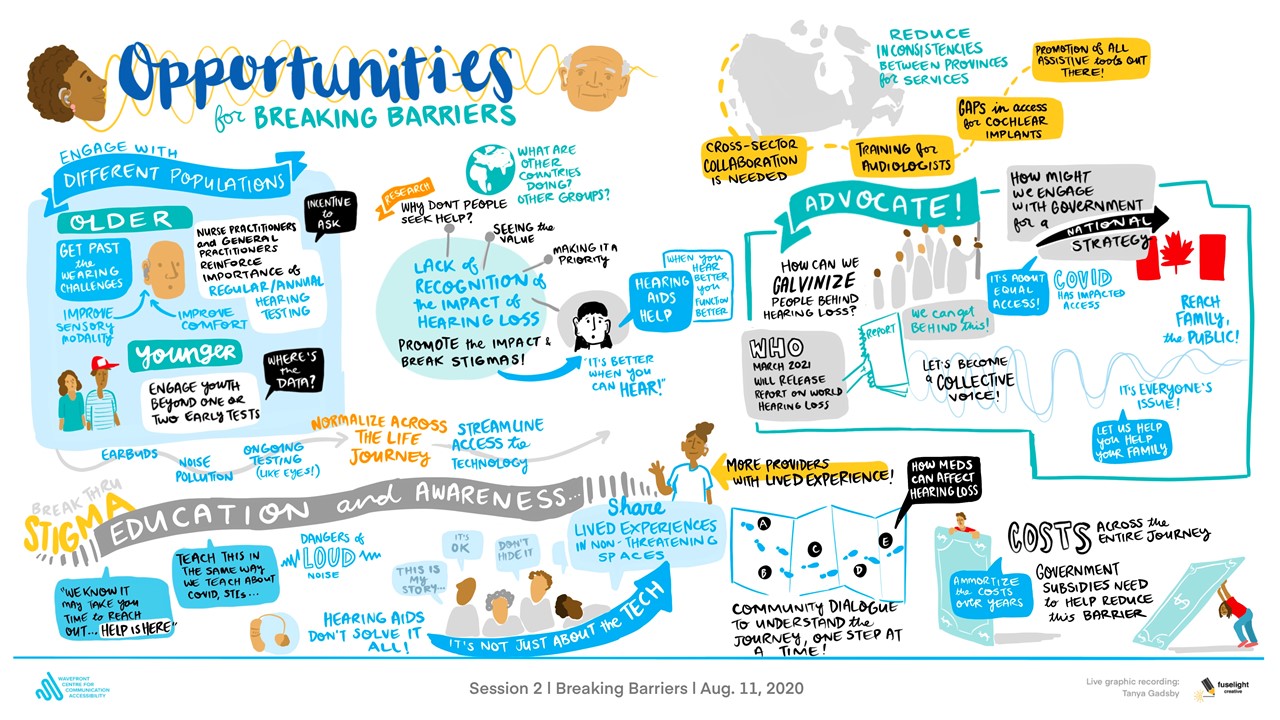Health Research BC is providing match funds for the BC Primary Health Care Research Network (BC-PHCRN) Phase 2, the BC node of the Canadian Primary Care Research Network (CPCRN), which is funded by the Canadian Institutes of Health Research’s (CIHR) Strategy for Patient-Oriented Research (SPOR) Primary Care Network.
The goal of the BC-PHCRN is to encourage, facilitate, and support collaborations between government, health authorities, health professionals, patients and researchers. The CPCRN and BC-PHCRN objectives include:
- Expand PBRLNs by recruiting new primary care practices and providers to include more electronic medical record data for research purposes,
- Participate in CPCRN research and quality improvement projects and other projects as well,
- Support development of a pan-Canadian primary health care information system that integrates electronic medical records with Patient Reported Experience Measures (PREMs) and Patient Reported Outcome Measures (PROMs),
- build a network of primary care researchers, patient partners, clinicians, decision-makers and trainees to facilitate communications and knowledge mobilization, and
- build capacity in patient-oriented primary care research in BC and beyond.
In British Columbia, the network is participating in both funded and non-funded research projects. Funded projects include:
- OECD PaRIS to measure the outcomes and experiences of health care that matter most to people,
- SPIDER to deprescribe potentially inappropriate prescriptions among elderly living with chronic conditions, and
- Choosing Wisely antibiotic prescribing to provide CPCSSN providers with portrait detailing their antibiotic prescribing for respiratory tract infections.
Non-funded projects include:
- Evaluation of ICD-11 and ICPC-3 codes to build evidence for updating Canada’s Disease Classification Systems in primary care, and
- Team-based care to understand functioning of teams in primary care.
The Nominated Principal Investigator of BC-PHCRN is Dr. Rubee Dev. Dr. Dev is an Assistant Professor in the UBC School of Nursing & Associate Faculty in the Centre for Health Services and Policy Research, University of British Columbia, with research foci in global health and primary health care nursing. Dr. Dev leads the BC PHCRN along with Dr. Nathaniel Hawkins who is also Director of Research and Associate Professor at the UBC Division of Cardiology.
- Health Research BC also provided match funds for Phase 1 of this network. Learn more here: BC’s Primary Health Care Research Network: Phase 1



